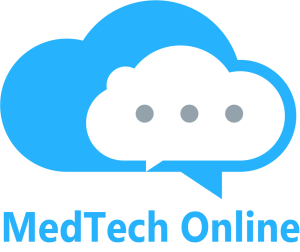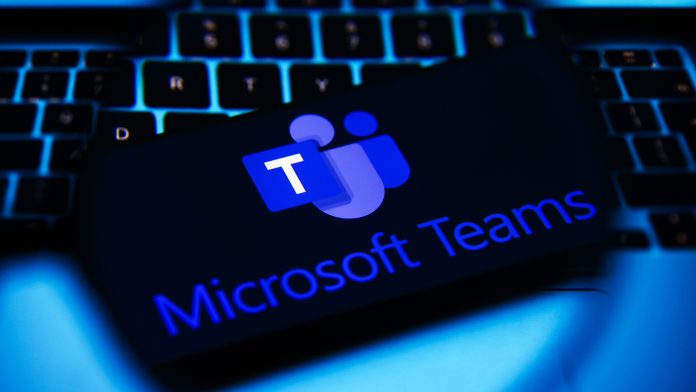Microsoft is pitching a recent shift of AI agents in Microsoft Teams as more than just smarter assistance. Instead, these agents are built to behave like human teammates inside familiar apps such as Teams, SharePoint, and Viva Engage. They can set up meeting agendas, keep files in order, and even step in to guide community discussions when things drift off track.
The company is also keen to underline the guardrails in place. Security, compliance, and admin controls remain front and center, hopefully giving businesses confidence that these agents won’t step outside approved boundaries.
Unlike tools such as ChatGPT or Claude, which mostly wait for prompts, Microsoft’s agents are designed to take initiative. They can chase up unfinished work, highlight items that still need decisions, and keep projects moving forward. By drawing on Microsoft Graph, they also bring in the right files, past decisions, and context to make their suggestions more useful.
Beyond meetings and project plans, these agents handle the smaller but time-consuming tasks that often pile up. They can send out reminders, generate updates, and handle routine communications so people can focus on bigger priorities.
They also keep an eye on accountability. When follow-up tasks or edits are agreed upon, the agents make sure they’re logged, assigned, and tracked through to completion. The idea is to reduce the chances of important work slipping by unnoticed.
On top of that, the agents study how teams collaborate over time. They look at meeting habits, project progress, and how shared documents are used. From this, they can suggest ways to improve workflows and help groups work together more effectively.
Milestones, the Agent Store, and what’s coming next

The Facilitator agent for Teams is now generally available, meaning anyone using Teams can access it without being limited to preview programs.
Microsoft has also launched the Agent Store back in May, a hub where organizations can find, deploy, and manage agents. The store features both Microsoft-built and partner-built options, giving businesses more flexibility in how they use the technology.
These agents aren’t cut off from one another. They can collaborate, with Microsoft pointing to examples like the Project Manager agent assigning tasks based on meeting notes captured by the Facilitator. It’s a clear step toward what it calls “multi-agent teamwork.”
Looking ahead, Microsoft is also developing an Interpreter agent for real-time translation in Teams meetings. With nine languages in testing, the feature could play a big role in global communication, and it’s an area the wider AI industry is racing to improve. This is something I personally find exciting, and it feels like many companies are doubling down on it lately, with Meta Ray-Bans Displays and Apple AirPods also offering real-time translations — though those are focused more on in-person conversations.
Whether these new agents truly transform how people work remains to be seen. Microsoft already requires its employees to use AI tools, and it’s clear AI is here to stay. These agents are simply the next step in Microsoft’s push to weave AI deeper into everyday workflows. Still, the ambition is impressive, and the idea of AI teammates could genuinely help improve productivity.

Follow Windows Central on Google News to keep our latest news, insights, and features at the top of your feeds!
#Microsoft #Copilot #agents #expand #apps

